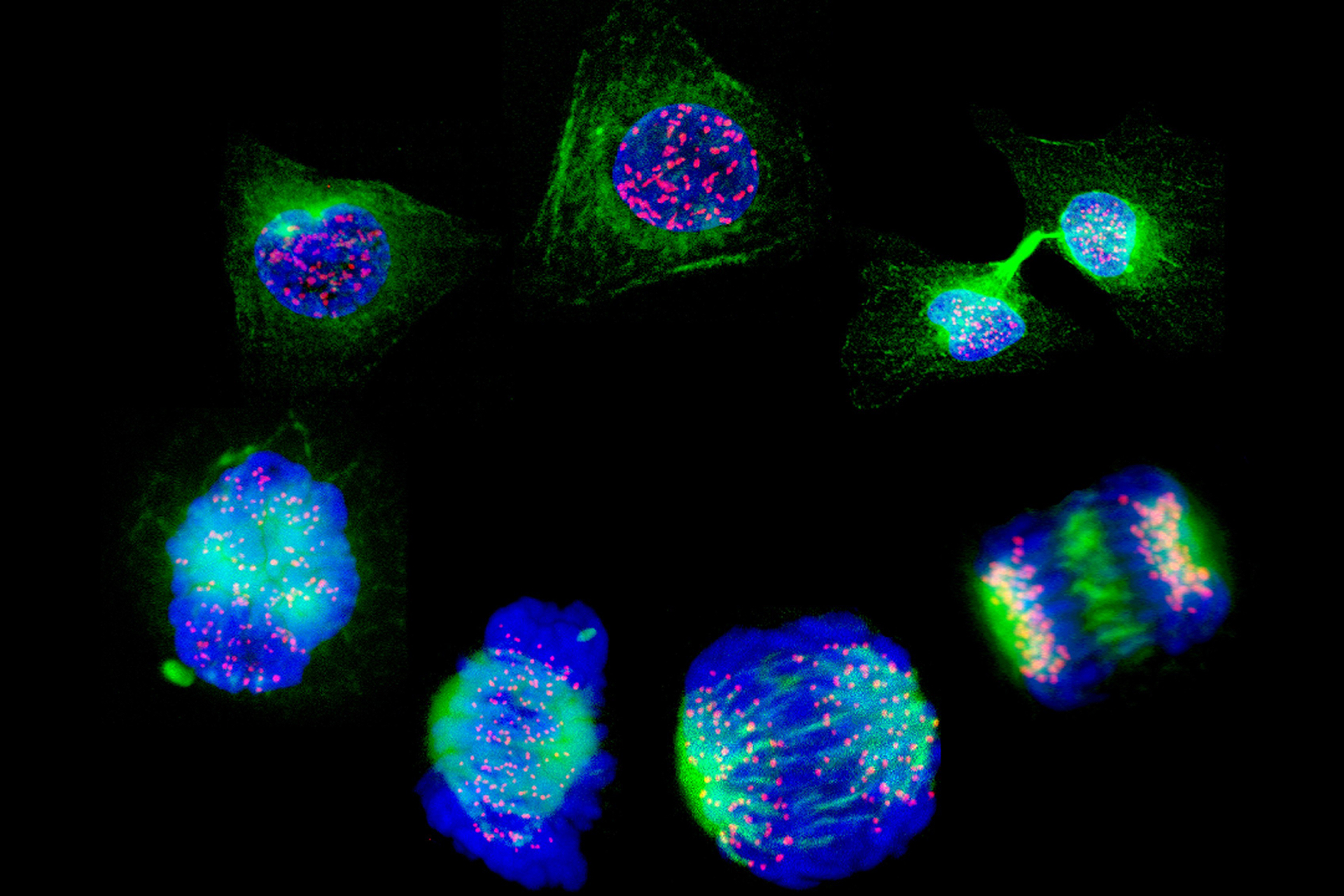Early safety data of a potential CRISPR-based genome editing therapy for HIV have been reported at a conference.
The therapy, called EBT-101, uses CRISPR/Cas9 to target HIV, and has so far been given to three adult patients in an early-phase clinical trial. Biotechnology company, Excision BioTherapeutics Inc, based in San Francisco, California, reported early safety results at the European Society for Gene and Cell Therapy annual meeting in Brussels, Belgium. They reported that there were no adverse reactions or major toxicities in patients treated with the experimental CRISPR-based therapy. Results have not yet been published in a peer-reviewed journal.
'Establishing the safety and biodistribution of EBT-101 is an important first step in the clinical programme' said Dr William Kennedy, head of clinical development at Excision. 'Treatment with EBT-101 resulted in no serious adverse events or dose limiting toxicities in the first three participants, and all reported adverse events were mild and reversible'.
EBT-101 was approved to enter human clinical trials by the US Food and Drug Administration in 2021 to be developed as a potential cure for HIV (see BioNews 1114).
Excision reported that no adverse reactions occurred when patients were infused with a single dose of EBT-101. They further reported that there were no dose limiting toxicities, meaning that there are no restrictions on further dose escalation. Lastly, Excision reported that EBT-101 was detectable in the blood of each patient four weeks after their infusions.
However, despite promising safety results, Excision has not yet reported on the effectiveness of the therapy in treating HIV, and has said that these results will not be made public until 2024.
'This is an exceptionally ambitious and important trial,' Professor Fyodor Urnov, from the University of California, Berkeley, who was not involved in the study, said. He added that it 'would be good to know sooner than later' how effective EBT-101 was in treating HIV in these patients, highlighting the possibility that results could be negative.
EBT-101 is delivered using an adeno-associated virus, a harmless virus commonly used in gene therapy. The therapy contains a DNA-cutting enzyme that specifically cuts and edits the HIV genome, with the aim to prevent the virus from replicating in the body.
Professor Kamel Khalili, from Temple University, Philadelphia, Pennsylvania, said of the work: 'even if we don't completely cure [HIV], we might be getting a significant delay in the rebound of the virus', and highlighted that progress in targeting the virus could lead to further generations of this type of therapy being developed. Professor Khalili was not involved in this study, but was instrumental in setting up Excision.
The next steps in the development of EBT-101 will involve testing higher doses of the therapy in a larger cohort of nine patients, with Excision planning to report results from this next phase of development in 2024.
Sources and References
-
Excision BioTherapeutics presents positive interim clinical data from ongoing phase 1/2 trial of EBT-101 for the treatment of HIV at ESGCT 30th annual congress
-
Three people were gene-edited in an effort to cure their HIV. The result is unknown.
-
Excision gives first look at genome editing therapy for HIV




Leave a Reply
You must be logged in to post a comment.